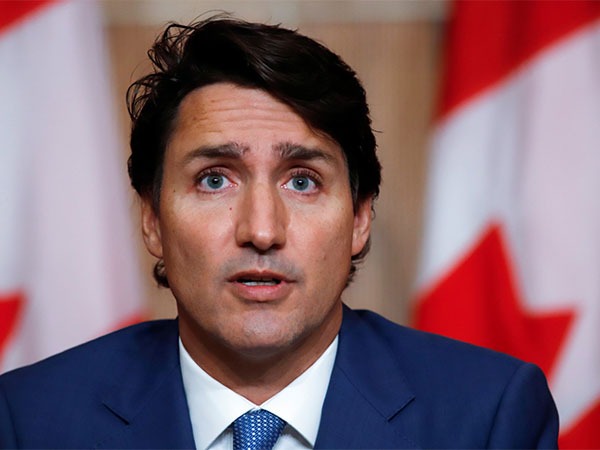Internal calls for Canadian Prime Minister Justin Trudeau’s resignation intensified on Wednesday as Liberal MPs gathered on Parliament Hill, according to a report by CBC News.
During the closed-door meeting, dissenting MPs expressed their grievances to Trudeau, reflecting growing discontent within the party. This gathering was part of the weekly caucus meetings that occur while the House of Commons is in session. Wednesday’s meeting provided a platform for MPs to voice their concerns and frustrations directly to Trudeau.
Trudeau is facing increasing pressure from within his party, with dissident Liberal MPs giving him an ultimatum to decide his future by October 28. During the caucus meeting, a document outlining the case for Trudeau’s resignation was presented, though it did not specify any consequences should he fail to meet the deadline.
According to Radio-Canada sources, 24 MPs signed an agreement calling for Trudeau to step down as Liberal leader, CBC News reported.
British Columbia MP Patrick Weiler presented a document advocating for Trudeau’s resignation, suggesting that the Liberal Party could experience a resurgence similar to what the U.S. Democratic Party saw after President Joe Biden chose not to seek re-election in the upcoming presidential race.
MPs were each given two minutes to address the room during the three-hour meeting. Approximately 20 MPs—none of them cabinet ministers—stood up to urge Trudeau to step aside before the next election, sources said. However, several MPs also voiced their support for the prime minister, CBC News reported.
Immigration Minister Marc Miller acknowledged the frustrations of some Liberal MPs and expressed respect for those who voiced their concerns directly to Trudeau. “Fundamentally, this has been simmering for some time, and it’s important for people to express it. This isn’t a code red situation. The prime minister can certainly handle the truth,” Miller said, according to CBC News.
The political rift in Canada has been further exacerbated by escalating tensions between India and Canada. Relations between the two countries deteriorated after Trudeau alleged in Parliament last year that he had “credible allegations” of India’s involvement in the killing of Khalistani terrorist Hardeep Singh Nijjar.
India has denied the allegations, calling them “absurd” and “motivated,” and has accused Canada of providing space to extremist and anti-India elements.
Nijjar, who was designated a terrorist by India’s National Investigation Agency in 2020, was shot and killed outside a Gurdwara in Surrey in June last year. The recent diplomatic row escalated when Canada labeled India’s High Commissioner and other diplomats as “persons of interest” in the investigation into Nijjar’s death.
input: ani














